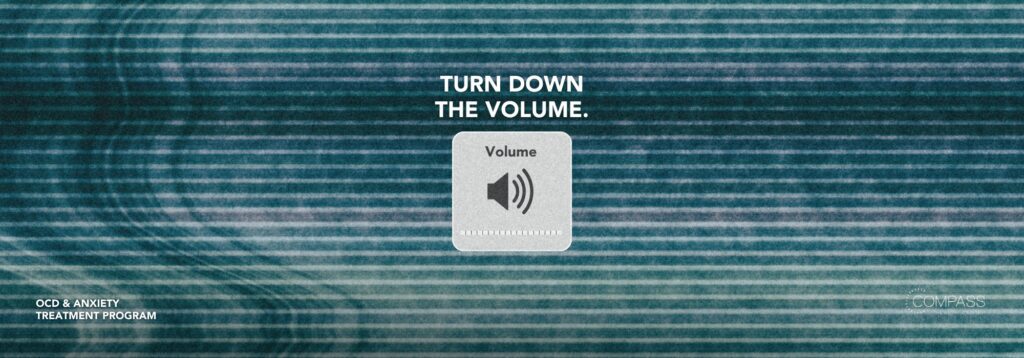
10 Tips from our Young Adult Group Therapists for Reducing Stress
Download our 1-1-1 Checklist for Small Tasks
I’m so stressed.
Does this sound familiar? Probably. Stress is a normal human reaction to change that affects everyone. It can manifest as a variety of physical, emotional or psychological symptoms ranging from back pain and headaches to anxiety and depression. Understanding how stress impacts your physical and mental health is important so that you can determine what stress-relieving techniques work best for you.
From taking time away from screens to creating a daily gratitude list, finding ways to relieve stress may take time. Since April is Stress Awareness Month, we asked our Northbrook Young Adult Program Group Therapists to share their top tips for reducing stress. Give these methods a try and make note of which ones are most effective. You can try implementing them into your daily routine.
10 Ways to Reduce Stress
1. Don’t wait till you feel stressed!
Be proactive. Know the signs of stress that are personal to you. While it may feel like stressors come out of nowhere, sometimes we can notice the buildup before it becomes too overwhelming. Taking care of ourselves can be preventative—not just what we fall back on once stress is at a high!
2. Unplug.
Take time away from social media and technology. Be mindful of how technology is “filling your cup.” Right now, amid the pandemic, we know that social media and technology may be what helps us feel most connected, supported, and safe. However, if you notice the opposite, that you’re experiencing burnout and stimulation overload, a step away may be helpful.
3. Get physical by practicing behavioral activation.
It can be hard to get moving or motivated when bogged down by stress. What we know is that an object in motion, is more likely to stay in motion—this includes ourselves when it comes to energy! If we can take small steps that involve movement, you can set yourself up for increased energy and mood, and maybe even some productivity.
4. Be creative.
Make something. Creativity can come in many ways. This could be creating art. It also could be concocting a new recipe or trying out a new meal. It could mean doing something you are already familiar with, but in a new way. Be creative for the sake of it and without the added pressures of a perfect result.

5. Create a gratitude list.
Finding what we can appreciate in times of struggle may not eliminate a stressor. However, it can help us shift our perspective and look at stress through a different lens. At times, this can allow us more flexibility when using our resources to manage stress.
6. Be intentional about scheduling and self-care.
Find time for you. We often believe that we do not have time for self-care. While this might look true on paper or in our calendars, prioritizing it can save us a whole lot of energy and stress. Writing down “self-care” as an item on a to-do list or checklist may incentivize the action and make the practice feel productive.
7. Change your scenery.
Enjoy the outdoors! Sometimes we may have silent stressors existing in our environment or space. Changing our scenery, whether that means going for a walk on a new path, getting outside, rearranging our furniture, trying out a new store or restaurant, or cleaning up our space, can be just what we need.
8. Ask for help.
You do not need to go through it alone. Even if what used to feel very manageable is now feeling overwhelming, it’s okay to ask for assistance and support. This can be in the form of asking for someone to hold you accountable, brainstorm with you, provide you with services or strengths in areas that may not be your strength, or just having company and connection along the way.
9. Set boundaries to ensure your plate isn’t too full.
Remember it’s alright to say no. Just because we may have an empty slot in our schedule doesn’t make us “available.” Availability is more than just free time. Sometimes being “available” means all our priorities are taken care of first, and we’re left feeling fulfilled and satisfied before taking on more. While you might be physically available, emotionally or mentally you may need to rest or take a break.
10. Take care of your needs by practicing SEEDS!
We are a lot less vulnerable to stress and dysregulation when we get adequate sleep, eat well, move our bodies, follow treatment recommendations, and maintain sobriety and self-care. Our bodies are the vessels for our brains, souls, and hearts, and if we don’t take care of the ship, all the passengers suffer or are at risk as well. Taking care of our bodies sets us up for stability and success.
Finding Help In-person and Virtually
We are a Partial Hospitalization (PHP) and Intensive Outpatient (IOP) Program mental health care provider with treatment facilities located in Chicago and Northbrook, Illinois, as well as online through our Virtual Health Center. We offer dedicated age-based programs for children, adolescents, young adults, and adults designed to treat mood, anxiety, OCD, trauma, and other mental health symptoms.
To learn more about our treatment programs, give us a call today.



